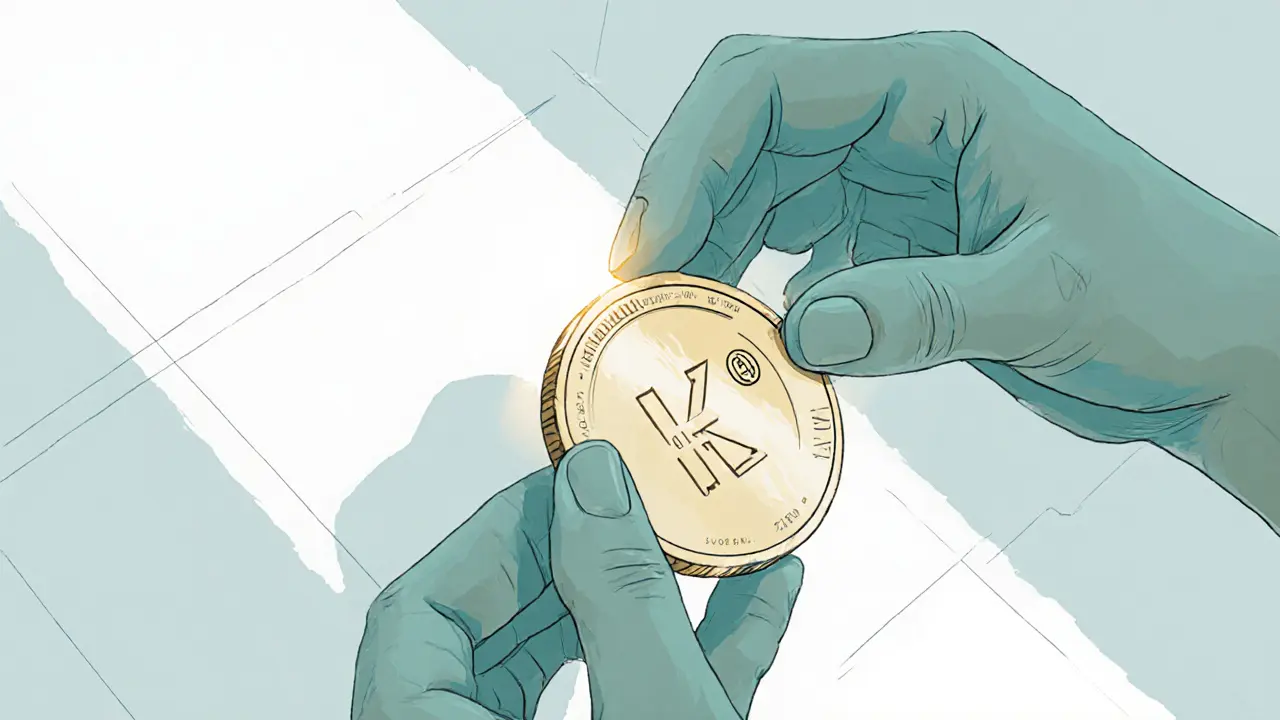Real Estate Blockchain: A Practical Overview
When you hear the term real estate blockchain, you’re looking at a digital ledger that records every move of a property asset—sale, lease, or split—just like a bank does for money. Real Estate Blockchain, a blockchain‑based system that records, transfers, and manages real‑world property assets securely and transparently. Also known as property tokenization, it lets anyone with an internet connection see who owns what, when, and under which conditions.
This technology enables two key actions: it encompasses Property Tokenization, the conversion of a physical property right into a digital token on a blockchain and it requires Smart Contracts, self‑executing code that automatically enforces the terms of a real‑estate agreement. By turning deeds into immutable code, you get instant settlement, no middlemen, and a clear audit trail. Imagine buying a 5% share of an office building in seconds, with the contract automatically paying you a portion of the rent each month.
Why It Matters Today
Beyond simple buying and selling, the real estate blockchain opens the door to fractional ownership. Instead of needing hundreds of thousands of dollars to own a single property, investors can purchase tiny slices—sometimes as low as $10—through tokenized shares. These slices behave like NFTs, giving each holder a unique identifier that’s easy to trade on secondary markets. The rise of DeFi platforms means those tokens can be used as collateral, staked for yield, or bundled into liquidity pools, creating new income streams for owners who never imagined earning from bricks and mortar.
Regulators are starting to take notice, too. In several jurisdictions, governments are issuing guidance that treats tokenized property as a security, which forces projects to adopt KYC/AML processes. This compliance layer builds trust, encouraging institutional players to experiment with large‑scale token offerings. At the same time, technical hurdles—such as ensuring off‑chain legal enforceability and handling real‑world events like property damage—are being solved with hybrid models that link traditional escrow services to blockchain triggers.
The market is already showing signs of momentum. Platforms like Propy, RealT, and Harbor have launched pilots that let users buy, sell, and rent tokenized assets across borders. Early adopters report faster closing times—often under a day—compared to the weeks‑long traditional process. Moreover, the transparency of blockchain audits reduces fraud risk, a common pain point in regions with weak property registries.
Looking ahead, we can expect tighter integration with Internet of Things (IoT) sensors that feed real‑time property data (like occupancy rates or energy usage) directly into smart contracts. This will enable dynamic rent adjustments, automated maintenance payments, and even token‑based voting for community decisions. For investors, the blend of real‑estate stability and crypto‑style liquidity could reshape portfolio strategies, offering a hedge against market volatility while unlocking capital that would otherwise sit idle.
Below you’ll find a curated set of articles that dive deeper into each of these angles—token mechanics, legal frameworks, practical tools, and emerging use cases. Whether you’re a newcomer curious about the basics or a seasoned trader looking for the next opportunity, the collection gives you actionable insight to navigate the real estate blockchain landscape.

Azit (AZIT) Crypto Coin Explained: Basics, Tech, and Market Outlook
Discover what Azit (AZIT) crypto coin is, how its real‑estate loyalty system works, the Klaytn tech behind it, current market data and risks, plus a guide to buying and using the token.
